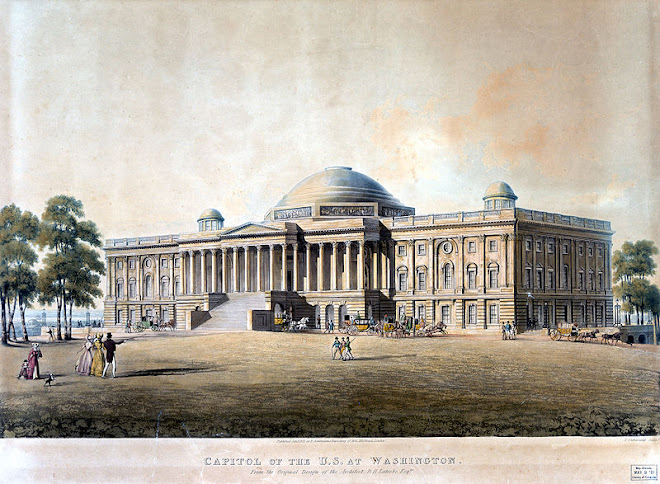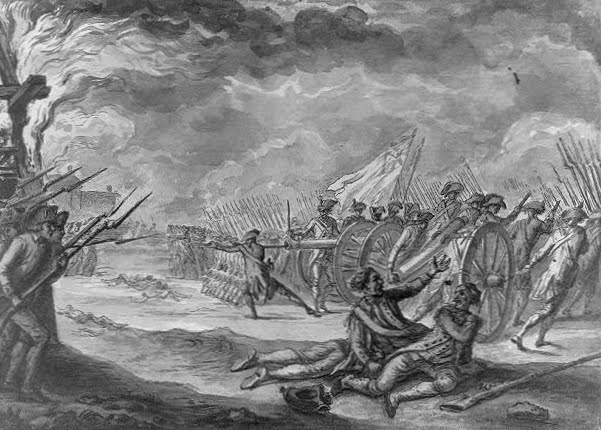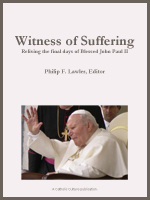 The 42-foot cross atop Mt. Soledad in San Diego is seen Aug. 14, 2006. (Los Angeles Times) |
- Sell Us Your JewelryVisit Us At A Location Nearest You For A Private, Cost-Free Evaluationwww.CircaJewels.com
The Supreme Court has long struggled with the question of whether the 1st Amendment prohibits the display of religious symbols on public property, sometimes producing seemingly contradictory decisions. Now the House wants to add to the court's work. Last week, it approved a bill allowing religious symbols on war memorials. The bill was introduced by Rep. Duncan Hunter (R-Alpine) after the U.S. 9th Circuit Court of Appeals declared the 43-foot cross atop San Diego's Mt. Soledad an unconstitutional government endorsement of religion.
The legislation may seem innocuous on first reading. Its key passage says that "religious symbols may be included as part of … a military memorial that is established or acquired by the United States government." That language summons images of gravestones in military cemeteries on which a cross (or Star of David or other religious symbol) has been engraved. But such displays are already legal and common. The bill is in fact aimed at something else: structures that a reasonable observer would see as an endorsement of Christianity.
That was the way the 9th Circuit characterized the Mt. Soledad cross, which is on land owned by the federal government. Although the cross is now encircled by more than 2,000 plaques commemorating individual veterans, the court wrote that "there is no comparable memorial on public land in which the cross holds such a pivotal and imposing stature, dwarfing by every measure the secular plaques and other symbols commemorating veterans." The cross is visible from miles away and, as the court put it, "towers over the thousands of drivers who travel daily on Interstate 5 below." To say that the memorial "includes" the cross would be disingenuous.
It is impossible to know how the Supreme Court would regard Hunter's bill, or the cross itself. Its decisions on the constitutionality of religious displays on public property are not a model of consistency. And at least some justices seem to accept JusticeAnthony M. Kennedy's unconvincing argument in an earlier case: "A Latin cross is not merely a reaffirmation of Christian beliefs. It is a symbol often used to honor and respect those whose heroic acts, noble contributions and patient striving help secure an honored place in history for this nation and its people." Members of other religions would beg to disagree.
However the Supreme Court rules, members of Congress have their own obligation to abide by the 1st Amendment's ban on government establishment of religion. The bill passed by the House would put Congress' imprimatur on displays on public property that give preference to a single religion. The Senate should reject it
.gif)























 January 27, 2012
January 27, 2012














